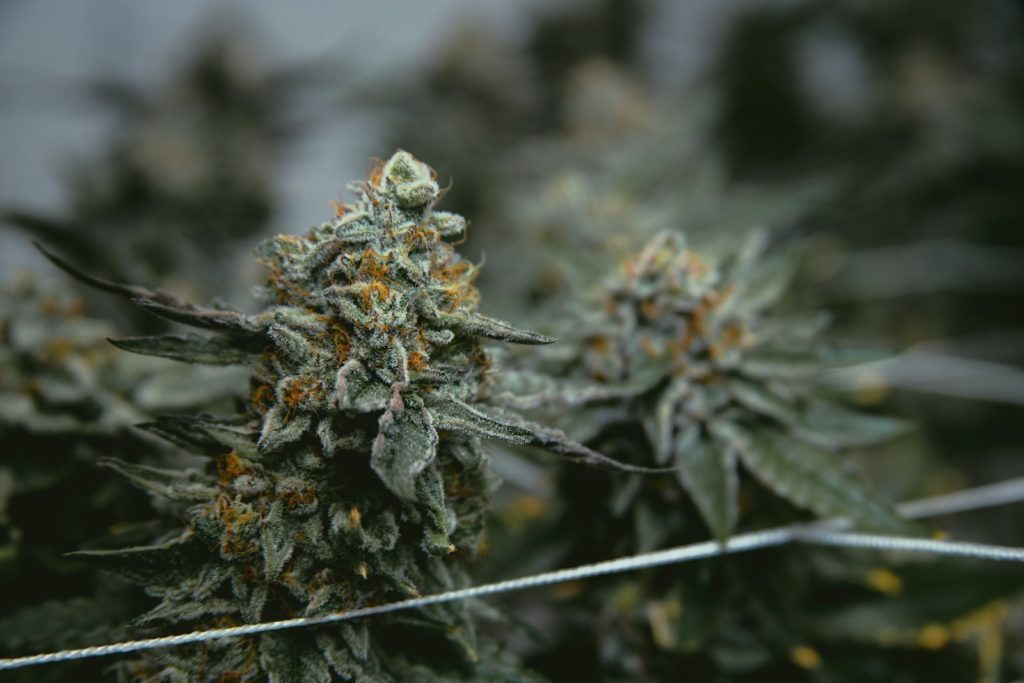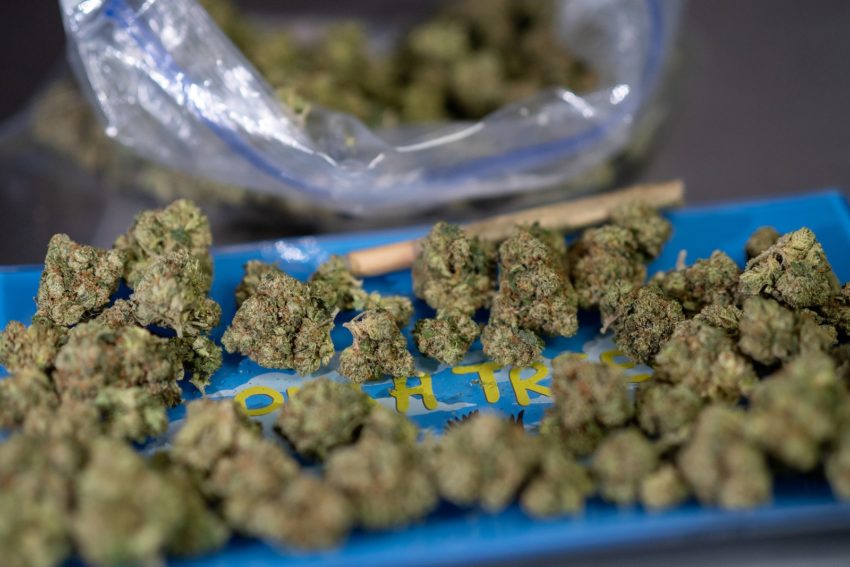Welcome to a comprehensive exploration of the topic that has intrigued, perplexed, and sparked countless debates over the years: Is weed a stimulant? In this article, we embark on a journey to demystify the effects of cannabis on the human body and mind. With a focus on providing you with accurate information, we’ll delve deep into the world of marijuana, addressing common misconceptions, sharing personal insights, and referencing credible sources along the way.

Is Weed a Stimulant?
To answer this pivotal question, we must first understand the fundamental properties of stimulants. A stimulant, in the realm of pharmacology, is a substance that increases alertness, energy, and overall physiological activity. Typically, stimulants like caffeine and amphetamines accelerate heart rate, enhance concentration, and boost wakefulness.
Now, where does weed fit into this equation? Let’s explore this intriguing query from various angles.
The Cannabis Plant
The cannabis plant, scientifically known as Cannabis sativa, contains a multitude of compounds, with the most prominent ones being cannabinoids. One of these cannabinoids, tetrahydrocannabinol (THC), is primarily responsible for the psychoactive effects associated with weed. THC interacts with the endocannabinoid system in the human body, leading to altered perceptions and sensations.
Weed’s Effects on Alertness
Contrary to what one might expect from a stimulant, weed often has a sedative effect on users. It can induce feelings of relaxation and tranquility, which are not in line with the characteristics of traditional stimulants. However, some strains of cannabis may produce temporary alertness or heightened sensory perception, blurring the lines between stimulation and relaxation.
Personal Experiences
Many individuals have shared their personal experiences with weed, shedding light on its diverse effects. While some report increased energy and motivation, others describe a sense of calm and euphoria. These differing accounts underscore the complexity of cannabis and how it affects individuals differently.
Scientific Research
To gain a clearer understanding of whether weed can be classified as a stimulant, we turn to scientific studies. Research indicates that the effects of cannabis can vary based on factors such as strain, dosage, and individual tolerance. While some users may experience increased alertness, it is not a consistent outcome.
FAQs
Q: Can weed make me more alert?
A: While some users may experience heightened alertness, it’s not a guaranteed effect. Weed’s impact varies among individuals.
Q: What is the primary psychoactive component of cannabis?
A: THC, or tetrahydrocannabinol, is the main psychoactive compound in cannabis.

Q: Is it possible to become addicted to weed?
A: Yes, cannabis use disorder can develop in some individuals with frequent and heavy use.
Q: Does weed have medicinal properties?
A: Yes, cannabis has been used medicinally for various conditions, including pain management and nausea relief.
Q: Are there different strains of cannabis with varying effects?
A: Yes, cannabis strains have distinct profiles, leading to different effects, from relaxation to increased alertness.
Q: Can weed be consumed in ways other than smoking?
A: Yes, cannabis can be consumed through edibles, tinctures, and topical creams, among other methods.
Conclusion
In conclusion, the question, “Is weed a stimulant?” does not have a straightforward answer. Cannabis is a complex plant with a range of effects, and its classification as a stimulant depends on various factors. While some users may experience increased alertness, it is not a consistent outcome. Understanding the nuances of cannabis is essential for making informed choices and dispelling common myths.
We hope this article has provided valuable insights into the world of cannabis and its stimulating—or relaxing—qualities. Remember, when it comes to weed, individual experiences can greatly differ, making it a unique and intriguing subject of study.
